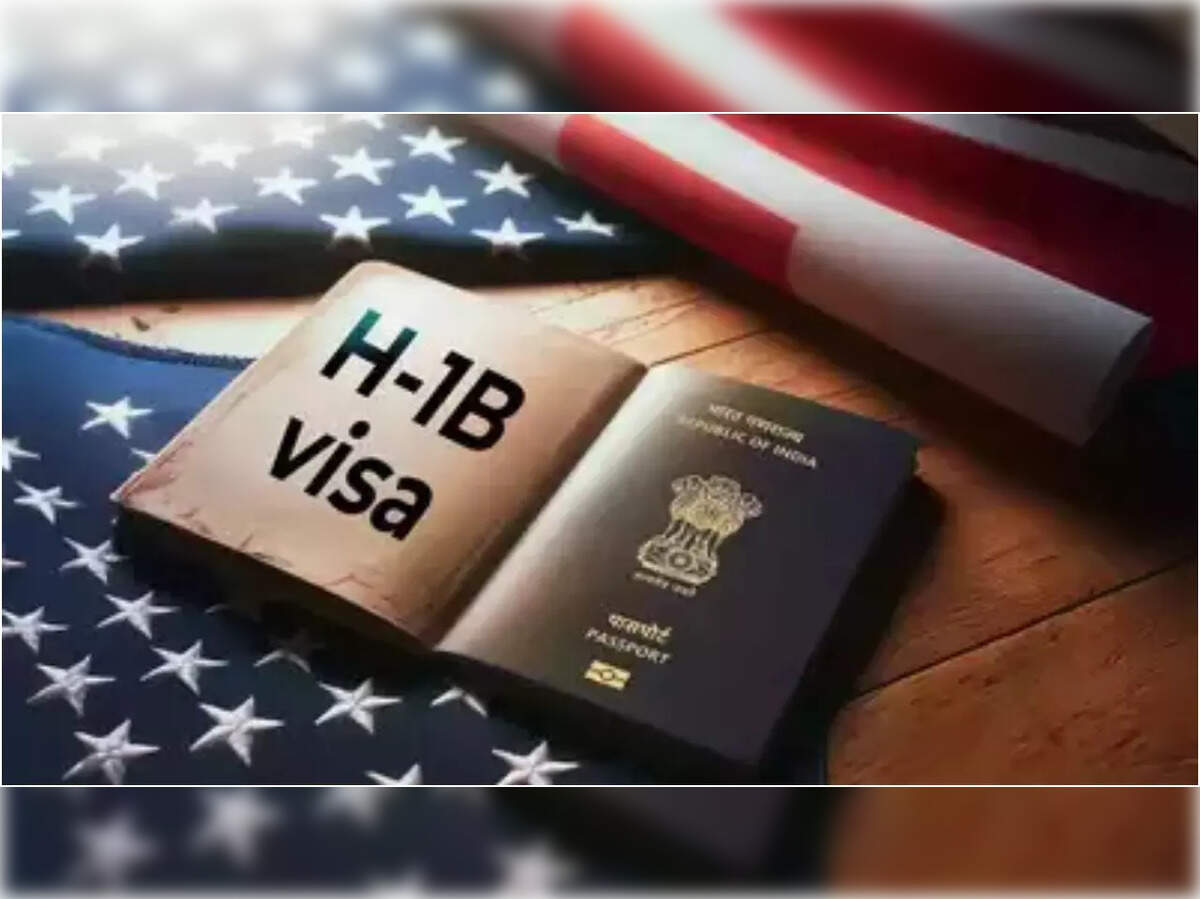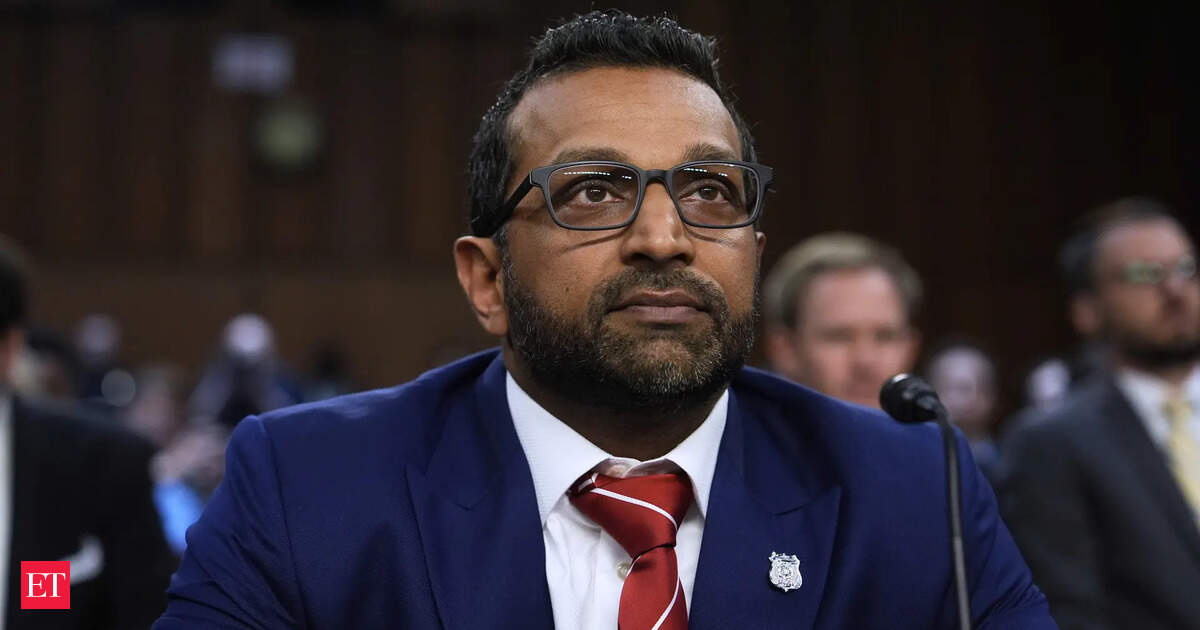Now Reading: India Raises Concerns Over Proposed H-1B Visa Fee Hike in US
-
01
India Raises Concerns Over Proposed H-1B Visa Fee Hike in US
India Raises Concerns Over Proposed H-1B Visa Fee Hike in US

Rapid Summary
- The Indian government has expressed concern over former US President Donald Trump’s proposed significant fee hikes for H-1B visas.
- The fee for the high-skilled worker visa is set to increase from $215 to $100,000 annually, while a new “gold card” visa costs $1 million, and a separate “platinum card” visa is priced at $5 million.
- India’s Ministry of External Affairs noted that the changes could disrupt families and emphasized the need for mitigation measures by US authorities.
- Critics argue H-1B visas replace higher-paid American workers with lower-cost labor, often via consulting firms in India like Wipro, Infosys, and TCS.
- Tech companies such as Amazon (the largest user of H-1Bs), Microsoft, Apple, Google, and others have yet to comment on the move; some critics suggest this marks recognition of abuse in the current system.
- Trump management officials state fewer visas would likely be issued due to prohibitive costs under the plan.
- Lottery rules were revised in 2024 following alleged fraud tied to multiple applications for better chances at selection. This led to 40% fewer submissions.
Indian Opinion Analysis
The proposed dramatic increase in fees for H-1B visas may have considerable consequences for India’s tech sector and workforce mobility abroad. Given that Indian nationals heavily use these visas-dominating both direct employment pathways and contracts through outsourcing companies-the steep hike could deter businesses from hiring foreign talent or make them more selective when doing so. Additionally, higher costs may create greater barriers for mid-tier professionals who rely on affordable access routes.
For India-U.S relations broadly, the move indicates a shift toward prioritizing domestic labor markets-a sentiment gaining traction globally-but could strain bilateral engagement areas like trade and technology collaboration if not carefully mediated by both governments. India’s focus on ensuring proper dialog with U.S decision-makers remains crucial as it seeks fair treatment amid systemic reforms impacting its migrant workforce.



























